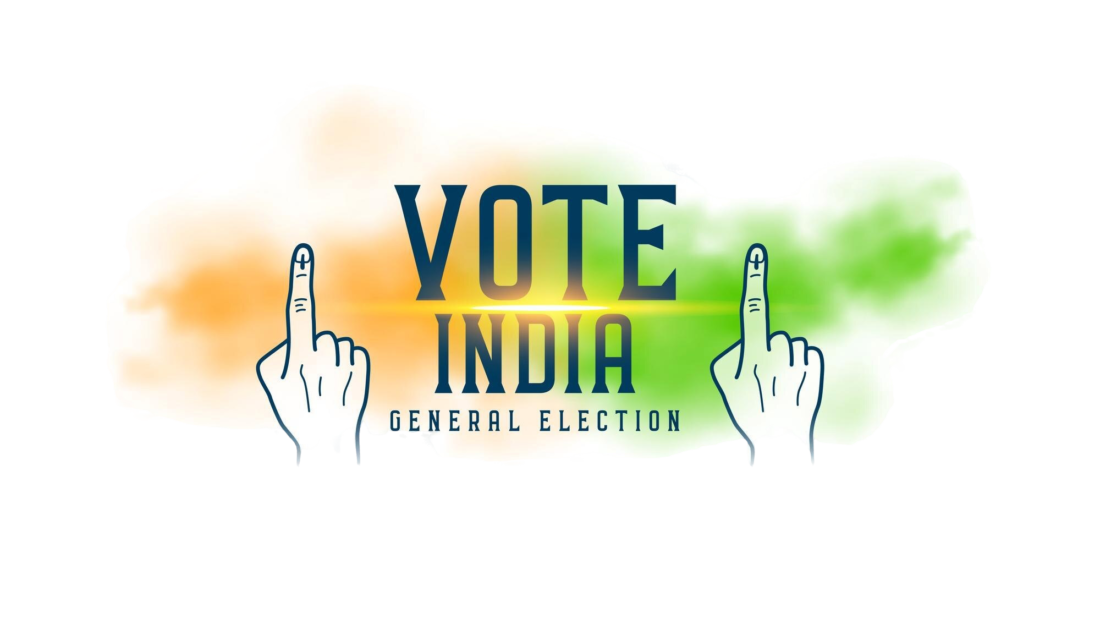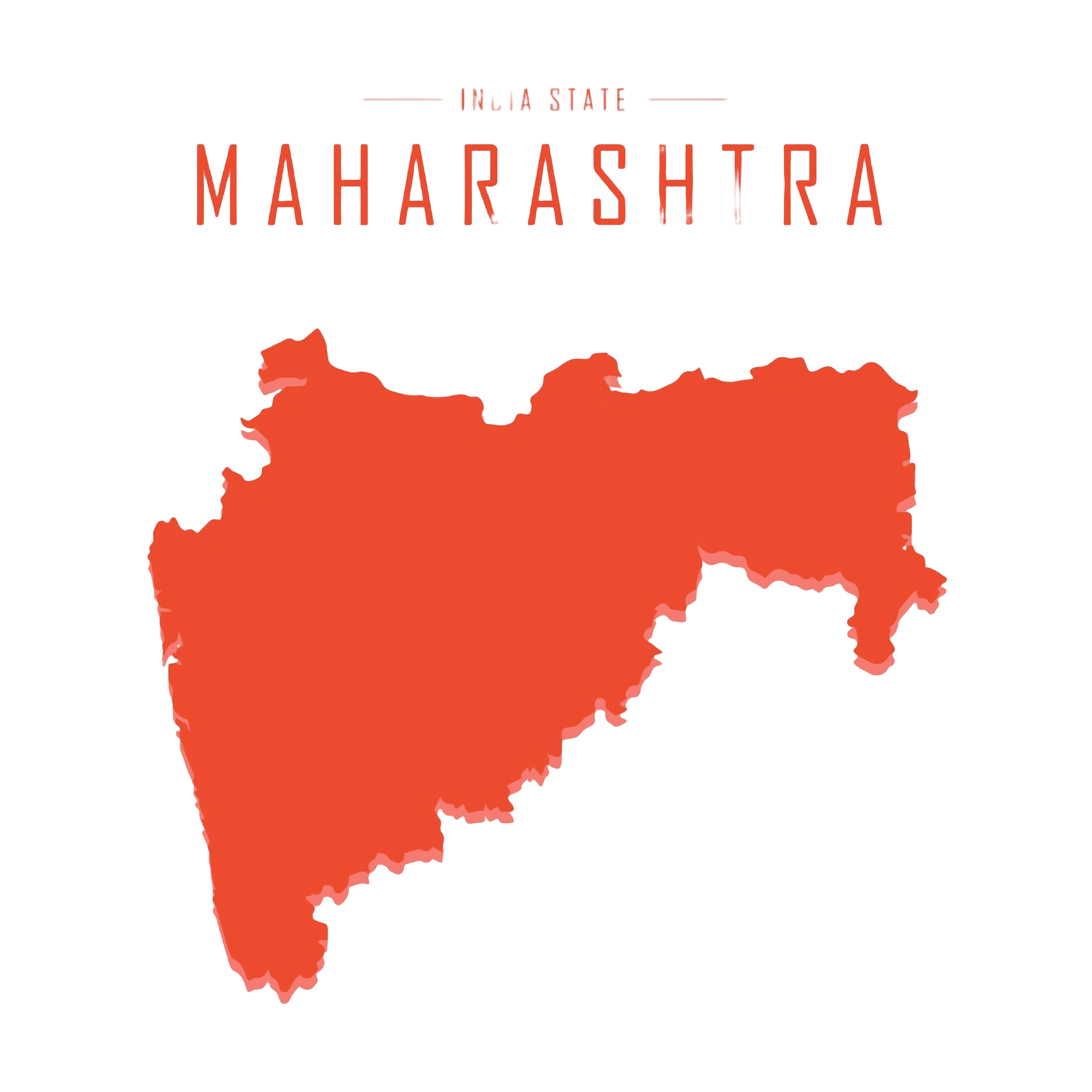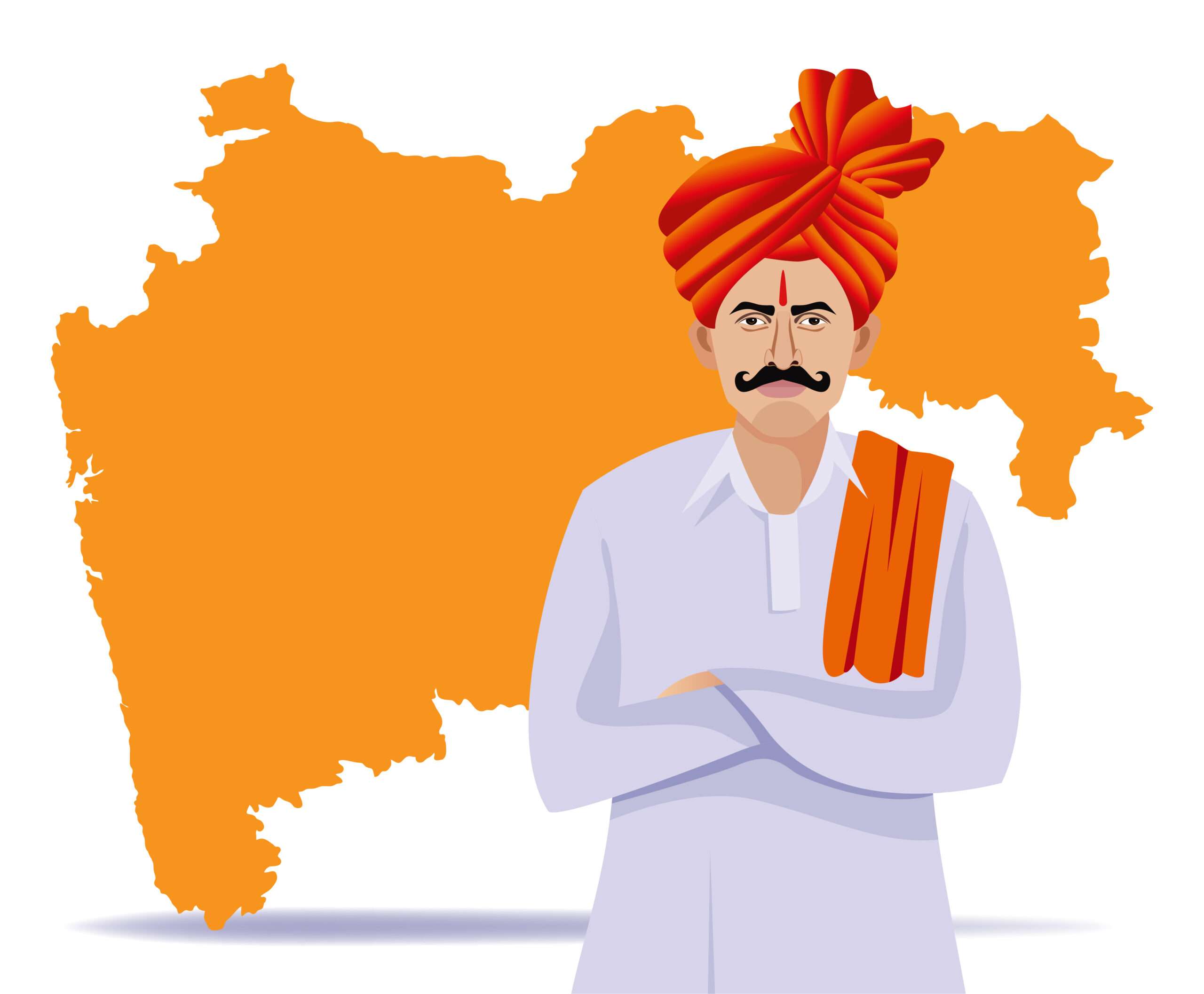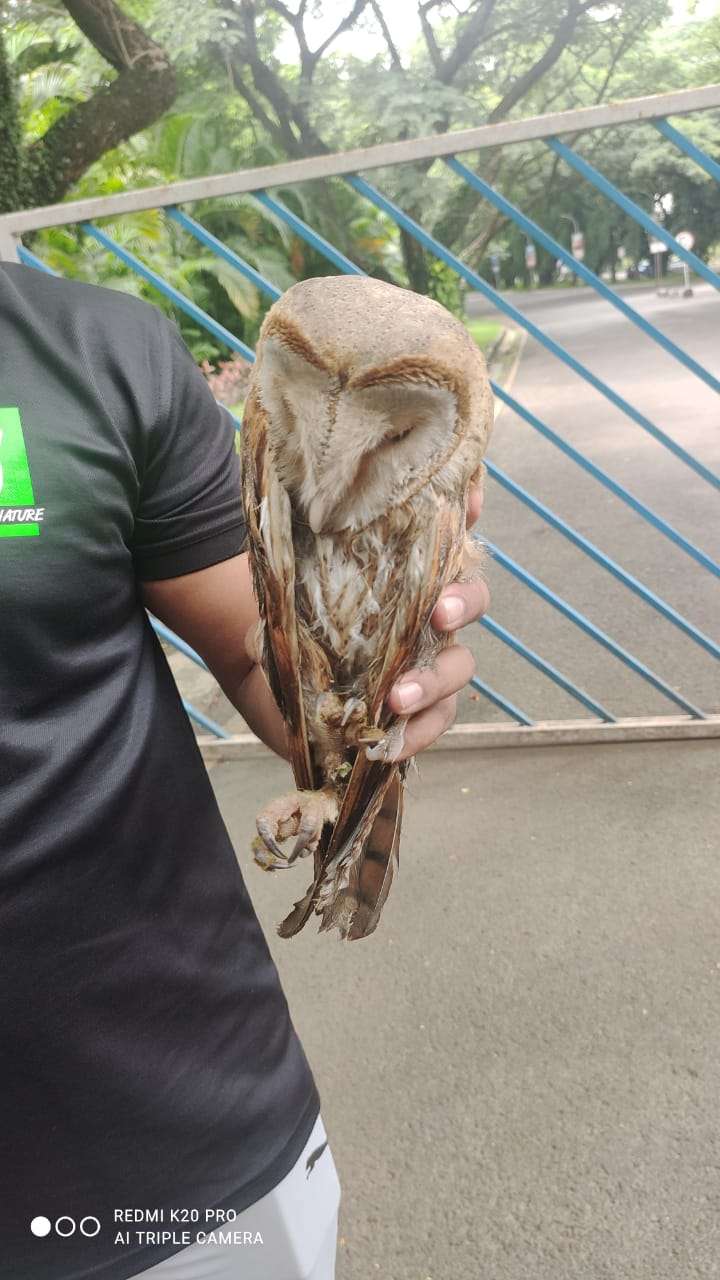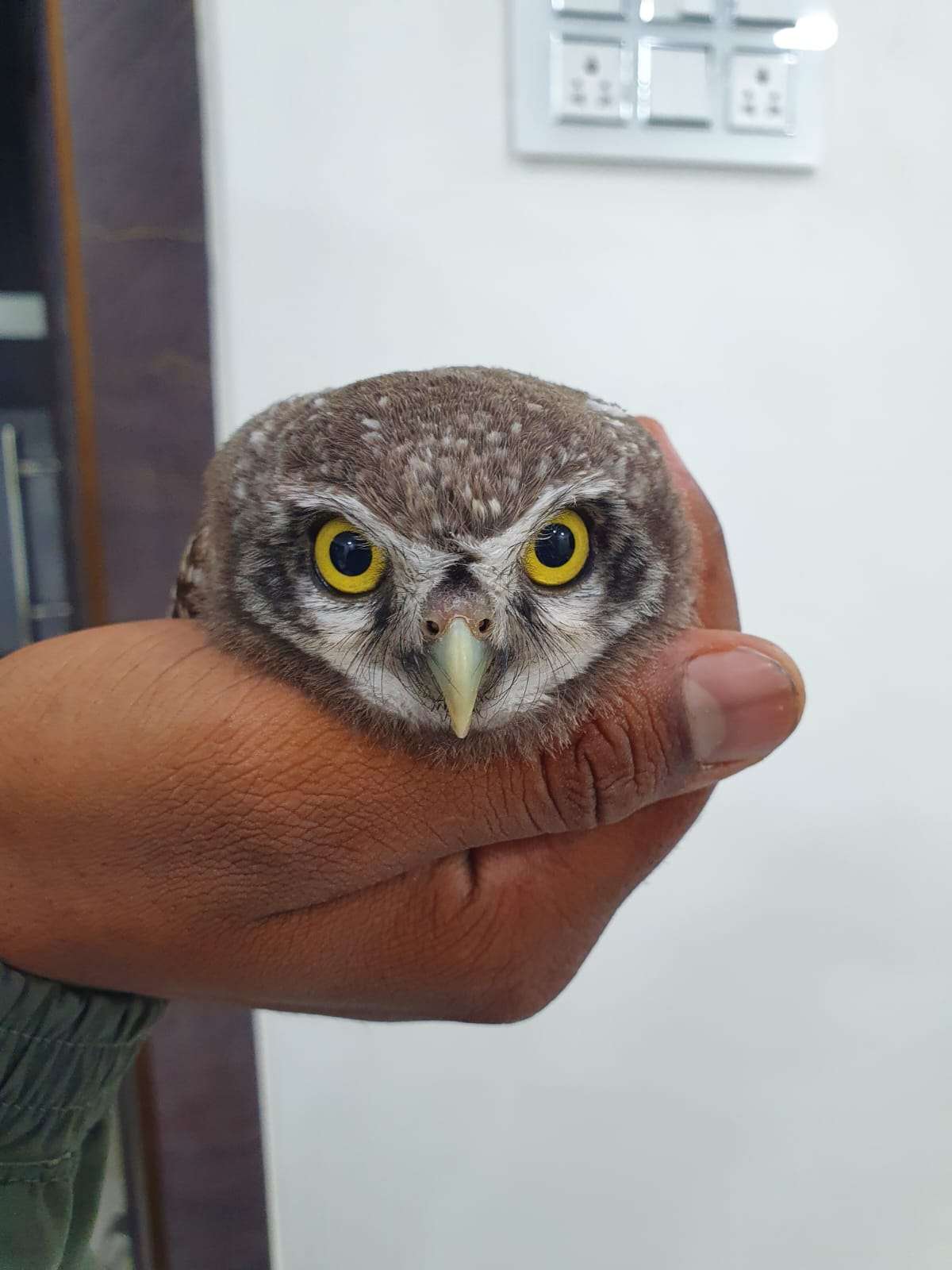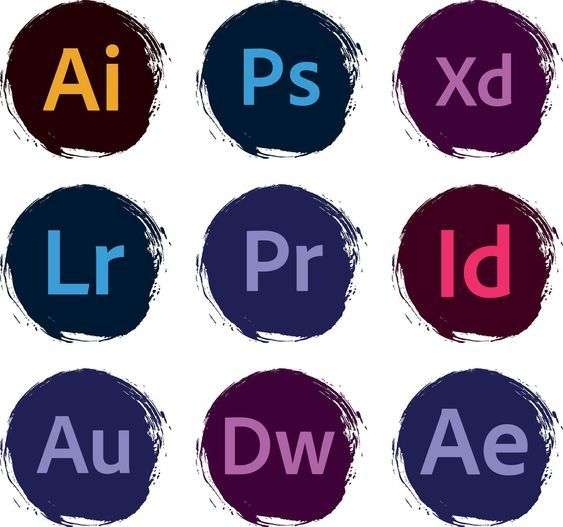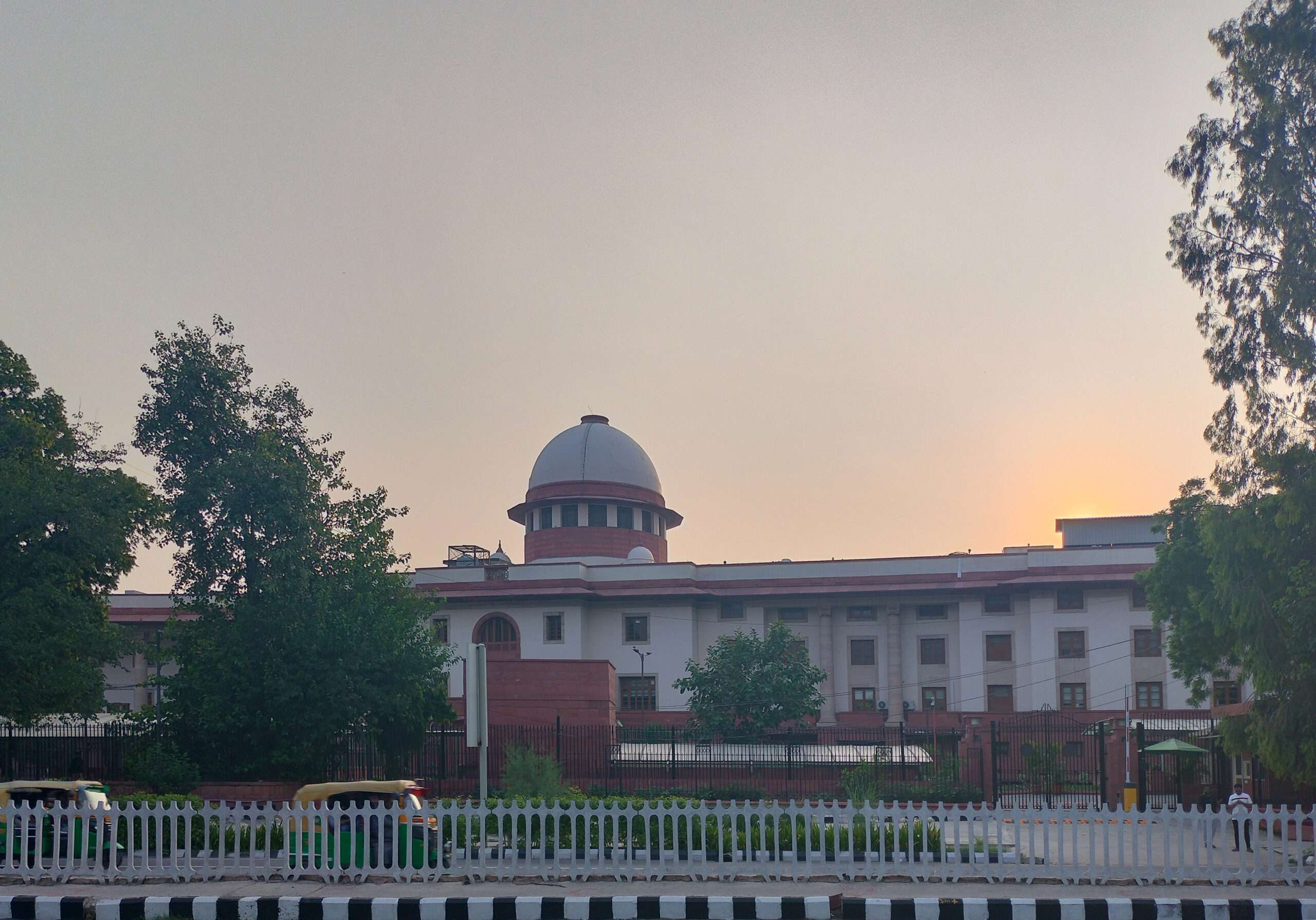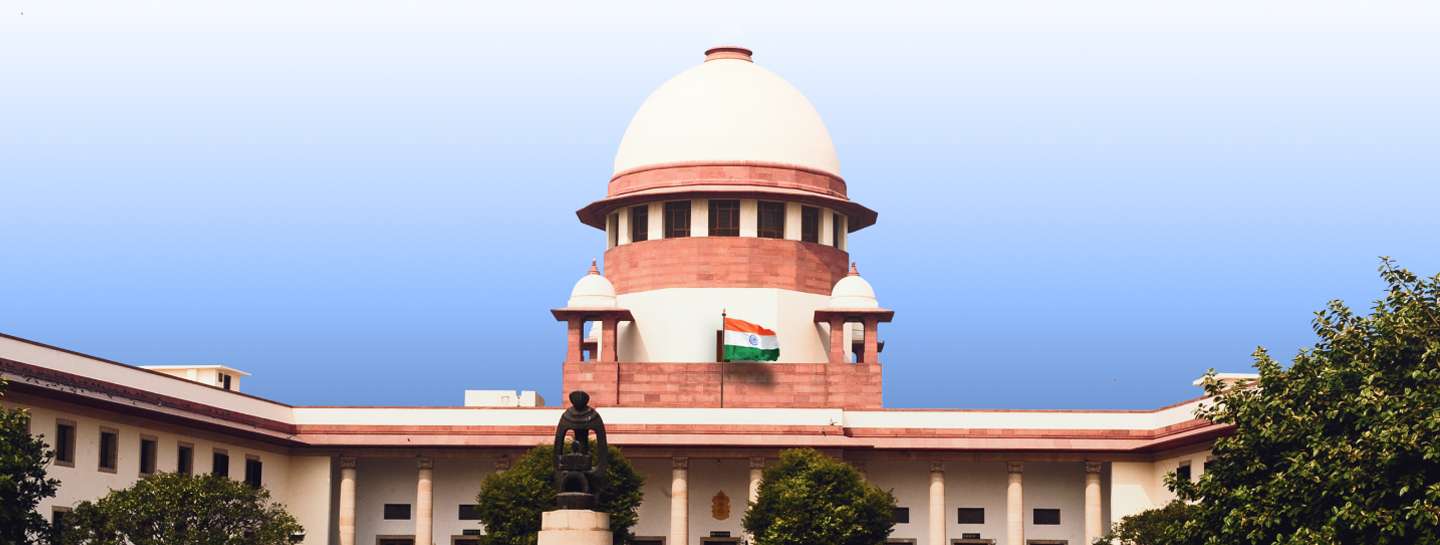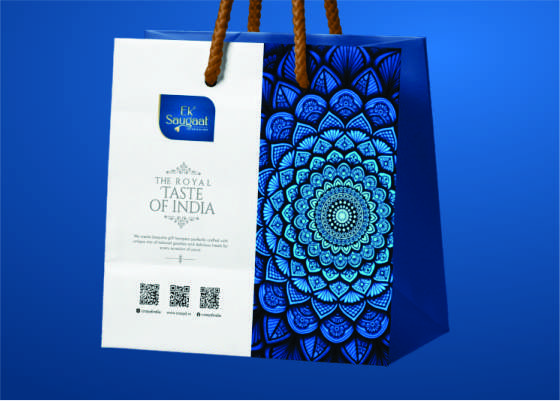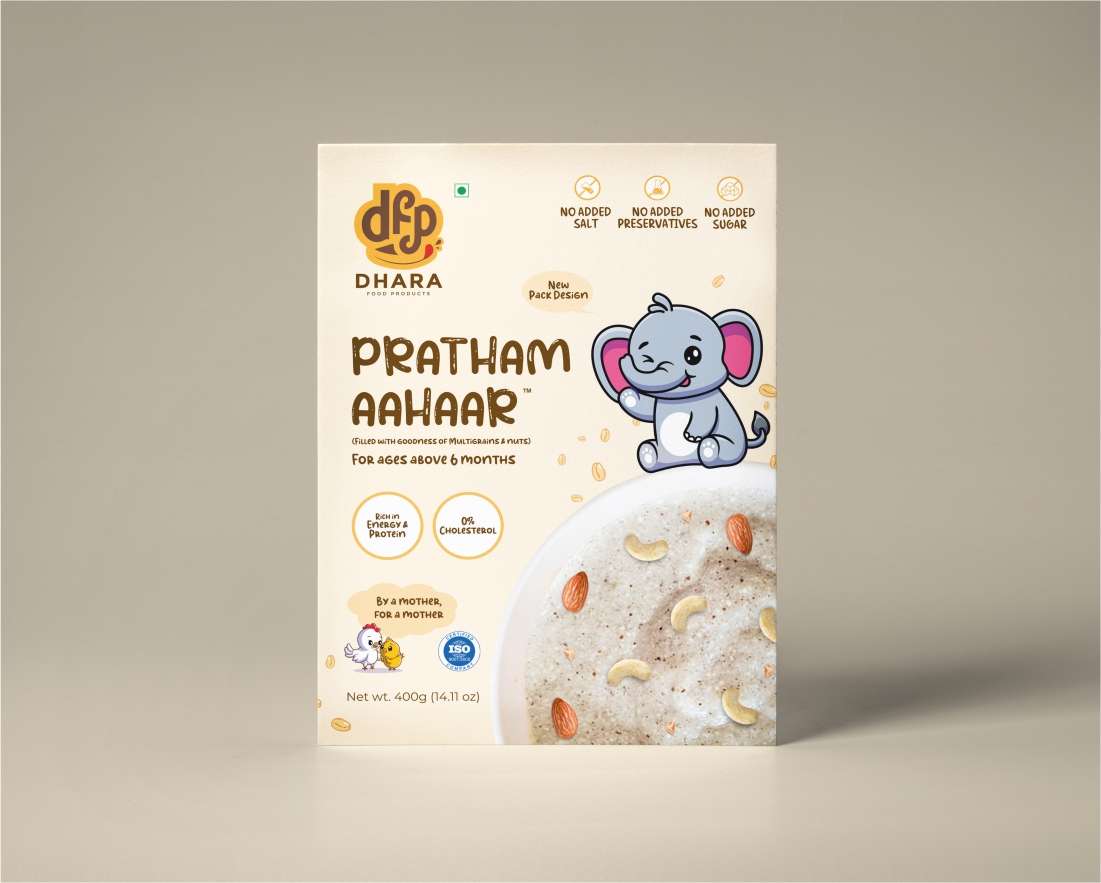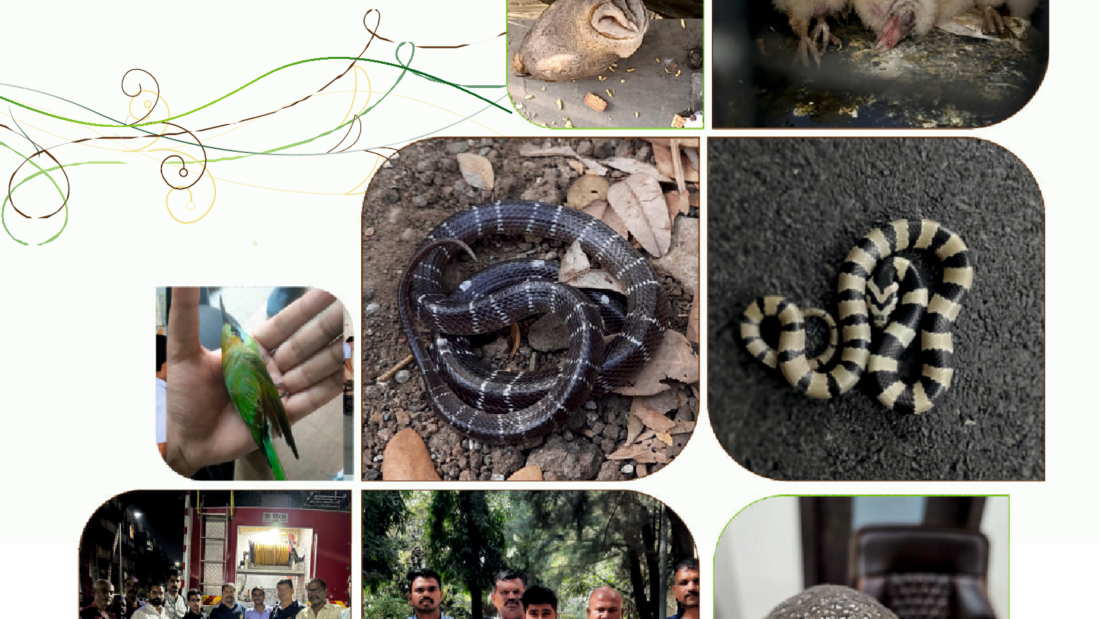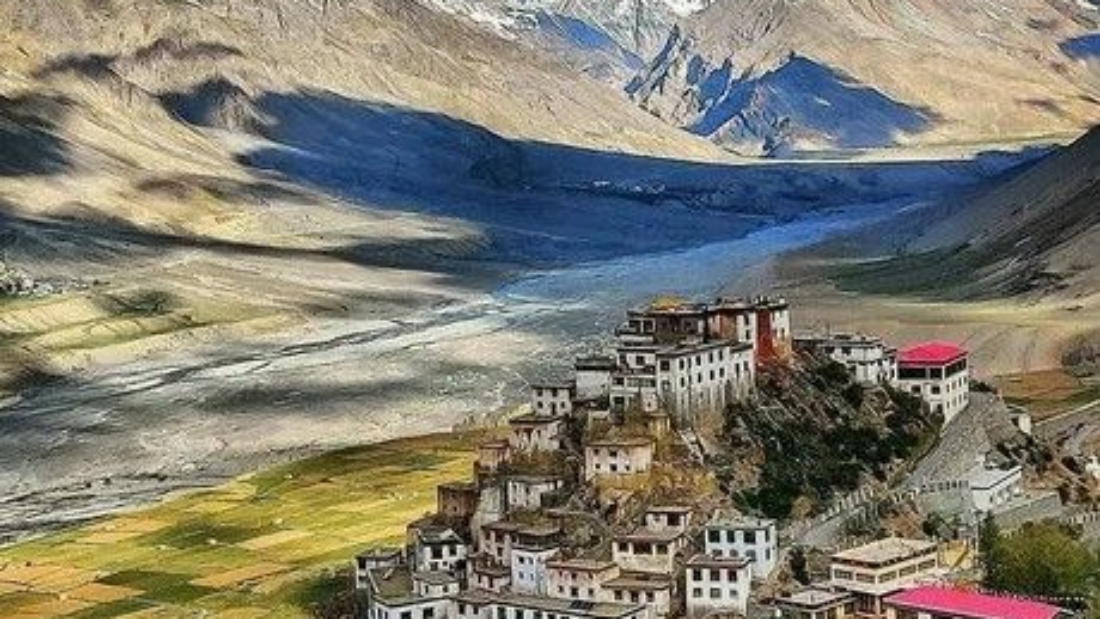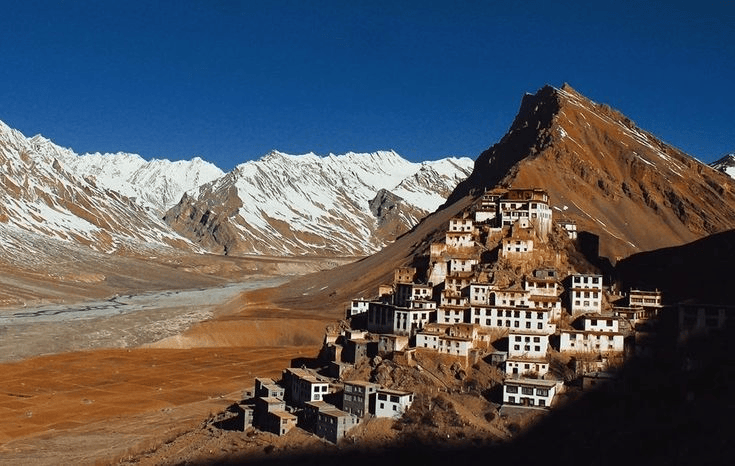The world of graphic design is evolving at breakneck speed. With advancements in technology, shifting consumer behaviors, and a booming digital landscape, graphic design agencies in 2025 are set to redefine creativity and strategy. For students aspiring to pursue careers in this field, the opportunities are abundant—but so are the challenges.
This article explores the future of graphic design agencies and why studying graphic design is vital for students to thrive in this competitive, tech-driven industry.
1. The Expanding Role of Graphic Design Agencies
Graphic design agencies are no longer just about aesthetics; they are integral to shaping brands and user experiences. In 2025, agencies will serve as creative partners for businesses, offering services such as:
- Brand storytelling: Crafting narratives that connect with audiences emotionally.
- User experience (UX) and user interface (UI) design: Designing intuitive, user-friendly platforms.
- Motion graphics and video production: Engaging audiences through dynamic visual content.
Agencies will also integrate cutting-edge technologies like artificial intelligence (AI) and augmented reality (AR) to enhance branding strategies and create more immersive experiences.

2. The Influence of Technology on Graphic Design
Emerging technologies are reshaping how graphic designers work, creating opportunities for innovation and efficiency:
- AI Design Tools: Automating mundane tasks such as layout adjustments and color matching, enabling designers to focus on creativity.
- Augmented Reality (AR): Transforming packaging, advertising, and e-commerce into interactive, immersive experiences.
- Virtual Reality (VR): Providing avenues for storytelling through virtual spaces and 3D designs.
- Blockchain Technology: Enhancing transparency in digital asset ownership and facilitating secure transactions for graphic designers in the NFT space.
By 2025, technology will push the boundaries of what graphic designers can achieve, blending creativity with automation.
3. UX and UI Design: A Growing Focus
With businesses prioritizing customer-centric solutions, the demand for skilled UX/UI designers continues to surge.
- UX/UI specialists will shape seamless digital interactions for websites, apps, and software.
- Agencies will prioritize designing interfaces that are intuitive and visually appealing, making it a lucrative career path for aspiring graphic designers.
4. The Importance of Sustainability in Design
In an era of environmental consciousness, sustainability will play a pivotal role in the graphic design industry by 2025.
- Designers will adopt eco-friendly materials and reduce waste in packaging.
- Agencies will focus on creating digital solutions with minimal carbon footprints.
- Ethical branding will take precedence, influencing consumer trust and loyalty.
Students studying graphic design will need to understand sustainable practices to stay competitive in the evolving industry.
5. Why Students Should Study Graphic Design
A graphic design education provides the skills and knowledge required to excel in a competitive field. Reasons for students to consider this path include:
1. High Demand Across Industries
From tech startups to global corporations, every organization needs visually compelling content to communicate its brand.
2. Exposure to Emerging Technologies
Students will learn advanced tools such as Adobe Creative Cloud, Figma, and Blender, as well as gain insights into AR/VR, animation, and AI-driven design.
3. Career Flexibility
Graphic designers can explore diverse career paths, including freelance opportunities, in-house roles, and agency work.
4. Problem-Solving Skills
Graphic design sharpens creativity and strategic thinking, making students valuable assets across industries.
1. High Demand Across Industries
From tech startups to global corporations, every organization needs visually compelling content to communicate its brand.
2. Exposure to Emerging Technologies
Students will learn advanced tools such as Adobe Creative Cloud, Figma, and Blender, as well as gain insights into AR/VR, animation, and AI-driven design.
3. Career Flexibility
Graphic designers can explore diverse career paths, including freelance opportunities, in-house roles, and agency work.
4. Problem-Solving Skills
Graphic design sharpens creativity and strategic thinking, making students valuable assets across industries.
6. Career Opportunities in Graphic Design for 2025
The field of graphic design will diversify significantly, with emerging roles that blend technology and creativity. Key career opportunities include:
- AR/VR Designers: Crafting immersive environments for gaming, retail, and virtual events.
- Data Visualization Specialists: Simplifying complex datasets into understandable and attractive visuals.
- Motion Graphics Artists: Bringing stories to life with animation and dynamic visuals.
- Digital Marketing Designers: Designing assets for online campaigns, websites, and social media.
7. How to Choose the Right Graphic Design Program
For students, selecting the right program is crucial to building a successful career. Consider these factors:
- Comprehensive Curriculum: Look for courses covering design theory, software skills, and emerging technologies like AR/VR.
- Industry Exposure: Programs offering internships and live projects provide valuable real-world experience.
- Portfolio Development: Ensure the program helps you create a professional portfolio showcasing diverse skills.
8. The Role of Soft Skills in Graphic Design Success
While technical expertise is essential, soft skills can set students apart. Graphic designers must possess:
- Effective Communication: Collaborating with clients and teams to bring visions to life.
- Adaptability: Staying ahead of trends and adapting to new tools and practices.
- Time Management: Balancing multiple deadlines without compromising creativity.
9. Remote Work and Freelancing: The Future of Work
By 2025, graphic design will be one of the most sought-after remote professions. Students entering the field can look forward to:
- Global freelance opportunities through platforms like Upwork and Fiverr.
- Remote roles with international companies, providing flexibility and exposure to diverse projects.
- The ability to build personal brands as independent designers, reaching clients worldwide.
10. The Intersection of Art and Technology
The fusion of art and technology defines graphic design in the 21st century. Designers who embrace this intersection will lead the way in innovation and creativity.
Conclusion: A Promising Future Awaits
The future of graphic design agencies in 2025 is brimming with opportunities for innovation, growth, and impact. For students, studying graphic design opens doors to exciting careers at the forefront of creativity and technology. By gaining the right skills and staying adaptable, they can thrive in a field that continues to shape the way we see and interact with the world.
FAQs
1. What are the top graphic design trends for 2025?
Key trends include AI-powered design, AR/VR applications, and sustainable branding practices.
Key trends include AI-powered design, AR/VR applications, and sustainable branding practices.
2. Is studying graphic design worth it?
Absolutely. It equips students with creative and technical skills needed in today’s and tomorrow’s industries.
3. What careers can I pursue with a graphic design degree?
Roles include UX/UI designer, motion graphics artist, AR/VR specialist, and data visualization expert.
4. What software is essential for graphic design students?
Adobe Creative Cloud, Figma, Blender, and AR/VR tools are indispensable in the field.
5. Can graphic designers work remotely?
Yes, remote work and freelancing are prominent options in the graphic design industry.
6. How can I succeed as a graphic designer?
Focus on honing technical skills, building a diverse portfolio, and staying updated with industry trends.


